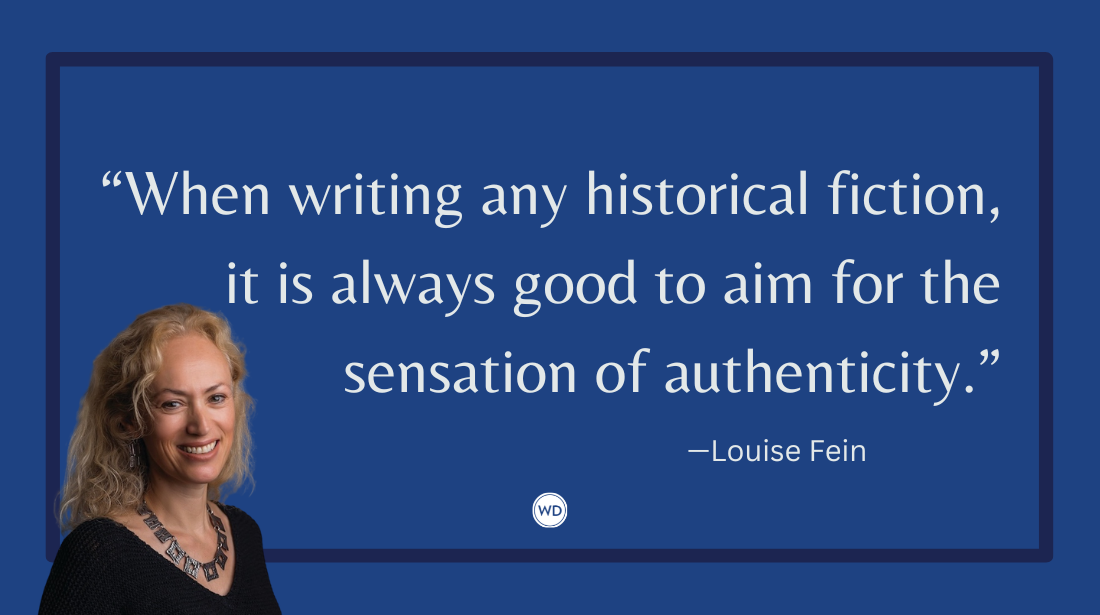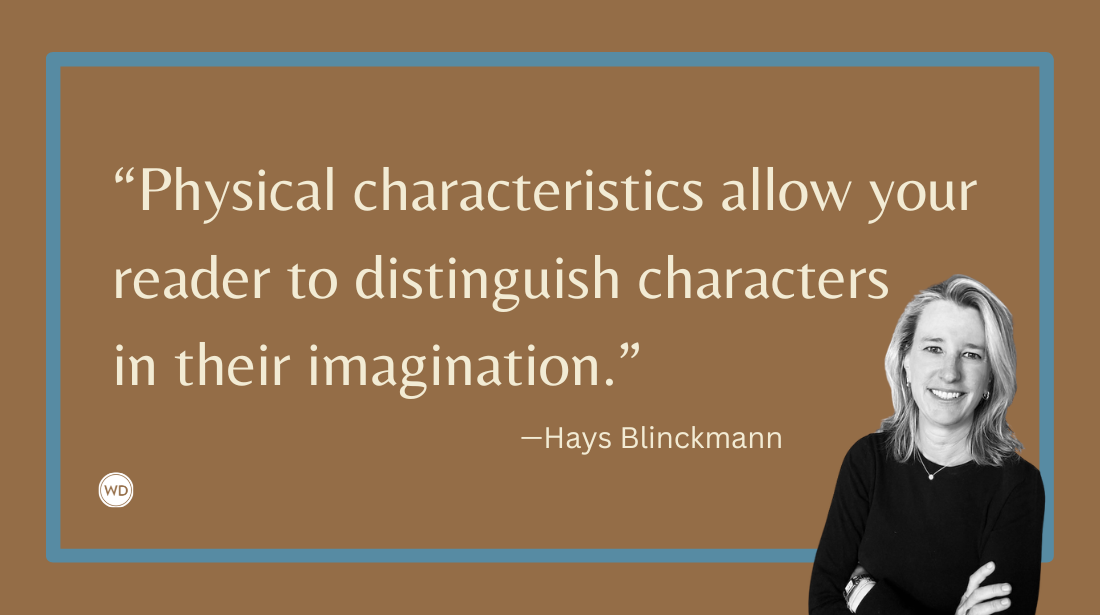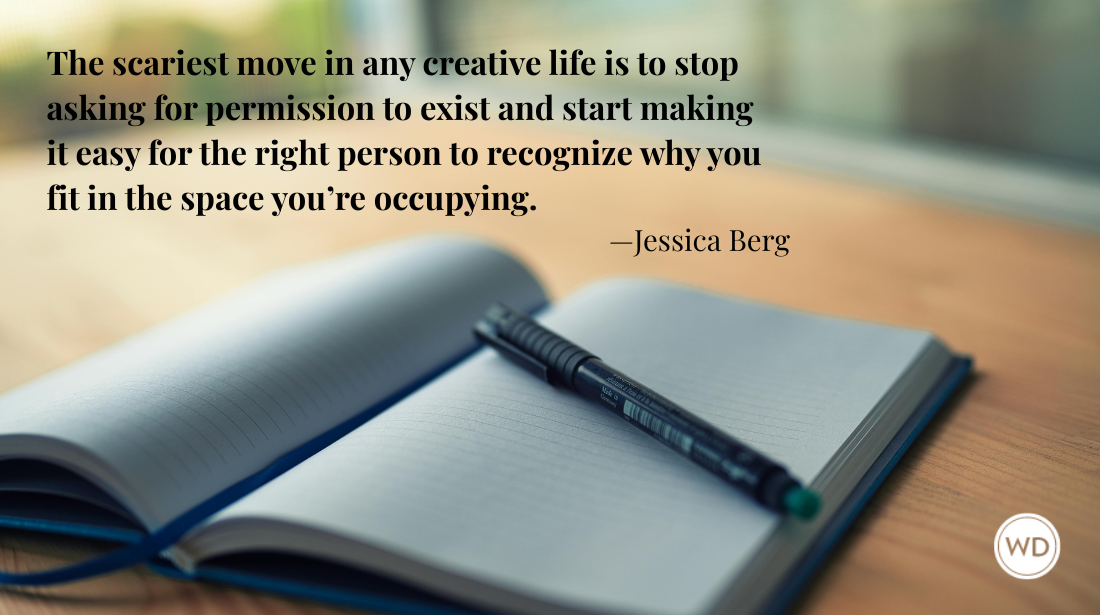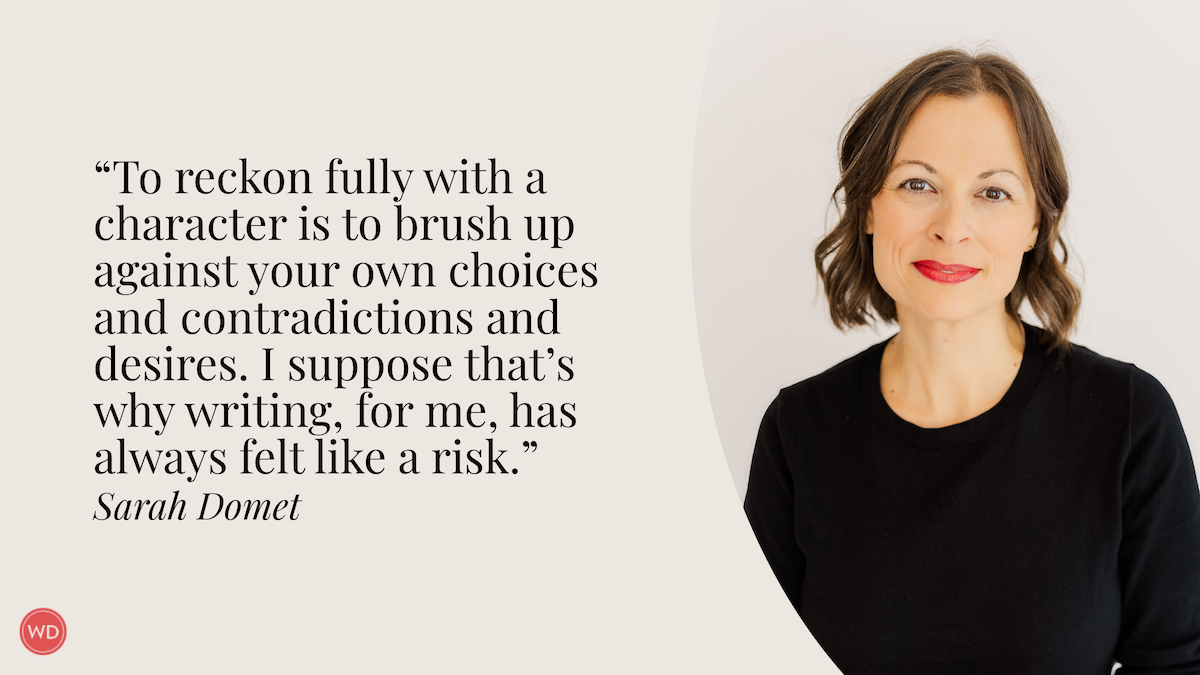Emily Buchanan: Trite, Tropey Writing Is Better Than a Blank Page
In this interview, author Emily Buchanan discusses the balancing act of speculative fiction and realism in her debut novel, Send Flowers.
Emily Buchanan is an author and environmental activist from Thanet. She studied English Literature at the University of East Anglia with a focus on Creative Writing and worked for Greenpeace as a Creative Campaigner. She now freelances as a graphic designer and illustrator for nonprofits. Emily wrote her first novel at 12—a bedtime story for her little sister—and has been telling stories in one way or another ever since. She lives in Norwich, U.K., with her pianist spouse and a brood of four-legged friends. Follow her on X (Twitter), Facebook, and Instagram.
In this interview, Emily discusses the balancing act of speculative fiction and realism in her debut novel, Send Flowers, her hope for readers, and more.
Name: Emily Buchanan
Literary agent: Hayley Steed at Janklow & Nesbit
Book title: Send Flowers
Publisher: Park Row
Release date: July 1, 2025
Genre/category: Adult fiction
Elevator pitch: A bereaved climate activist believes a houseplant is the reincarnation of her late boyfriend.
What prompted you to write this book?
I was signed off work for three months with a chronic illness. It was the most downtime I’d ever had so, in between playing Skyrim and feeling sorry for myself, boredom started igniting dormant bits of my brain. Ensconced as I was in my sick bed, I neglected my houseplants and my partner, who can’t distinguish a cactus from a kitchen cupboard, accidentally killed a bunch. I realized that the plants wouldn’t stand a chance without me. That’s when the first kernels of an idea started to grow—the image of someone navigating loss, surrounded by dead plants.
I know from personal experience that magical thinking often pervades in the recently bereaved—like seeing a white feather and thinking it’s a sign from a lost loved one – so that’s how magical realism, and eventually reincarnation, came into play. But it wasn’t until I landed on two words that I sensed I was onto something: houseplant boyfriend. The idea became an itch that I couldn’t scratch until I sat down and started writing.
How long did it take to go from idea to publication? And did the idea change during the process?
Six and half years. When I went back to work, I found it hard to juggle writing with the demands of my job. So, a year later, I went freelance to give myself more freedom. Still, I was living in London at the time, so bill-paying superseded my creative endeavors, and the novel became something I could only chip away at. After rewriting it four times, I started querying agents and that’s when things picked up pace—I was offered representation in just six days!
The plot has stayed more or less the same since the first draft, though some of my wackier ideas are gratefully on the cutting room floor. At one point, the novel skewed sci-fi which took power away from its message about the way we live now. With the help of my agent, it became a lot more grounded. There are still speculative elements in there, but they’re more plausible and therefore more effective. I feel so privileged to have found an agent and editors who are passionate about the rather quirky premise, and who have shown me how to make that premise more than the sum of its parts.
Were there any surprises or learning moments in the publishing process for this title?
Too many to name! I was an utter novice starting out, which is part of the reason it took me as long as it did—I didn’t have a clue what I was doing. Then a colleague put me in touch with an author friend of his, Kate Davies, with whom I had a phone call that changed everything. She demystified the whole process and gave me such a precious gift—she made my dream feel attainable. That was my first and most important lesson: Ask for help.
People talk about writing as an isolating experience. For the most part, it is. But without friends and family reading early drafts, without my partner making the novel a household priority, without other authors and publishing types sharing their wisdom, without my agent and editors and publicity team providing much-needed polish, my kernel of an idea would have remained just that. So, whilst the process can be lonely, the village you build around a book is essential.
Were there any surprises in the writing process for this book?
That’s a hard question to answer because it’s been such an experience of contradictions. On any given day, writing can be a subconscious reflex, where I tap into a flow state and feel like I’m doing what I’ve been put on this earth to do. Then the next day, it will be arduous and agonizing, like I’m stuck in the middle of a dense forest with no way out. I didn’t plan the plot before writing Send Flowers, I just beat my way through the bracken with a machete made of hopes and dreams. So, I guess what’s surprised me is that, despite the arduous days, I do have an instinct for storytelling. That seems like such a silly thing for a published author to say! But how can anyone really know if they have what it takes until they throw everything at it? Send Flowers has taught me to trust myself. If that’s the only thing that comes from my debut novel, then I’ll consider it an enormous personal success.
What do you hope readers will get out of your book?
Although Send Flowers is about grief, both of a loved one and of our ailing planet, it’s about hope more than anything. In my other life, I’m a climate campaigner and have spent over a decade trying to get governments to act. It can be such a thankless task. I began writing Send Flowers at a point in my life when I felt hope fading—when I started to feel like climate breakdown was inevitable. But I believe deep in my marrow that nothing is inevitable, not so long as there are people left trying. So, in Send Flowers, I hope readers put the book down feeling inspired and galvanized. I hope it reminds them of the power of community, of their right to resist injustice, and of our innate ability to live in harmony with the natural world.
If you could share one piece of advice with other writers, what would it be?
In those early drafts, when you’re stuck in the middle of the forest with nothing but your machete of hopes and dreams, resist the temptation to craft the prose. Your priority at that point is not to write something worth reading, but to build the foundations that will allow you to write something worth reading. Don’t worry about using lazy similes or too many superlatives—just get the “he said, she said” down and move on to the next chapter.
This isn’t advice I always follow myself—what writer doesn’t love to get stuck into syntax?—but when I do, I make much quicker progress and find it so much easier (and more enjoyable) to go back and beautify the bones of the plot. Trite, tropey writing is better than a blank page!








